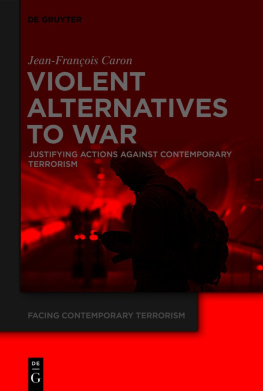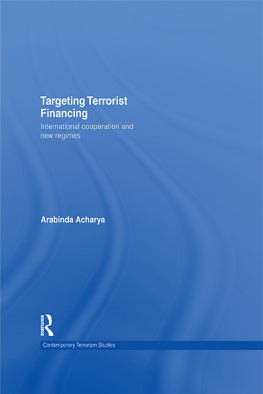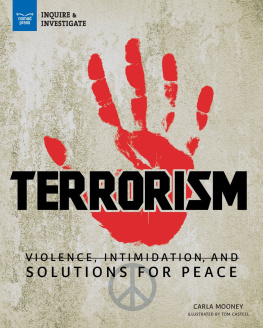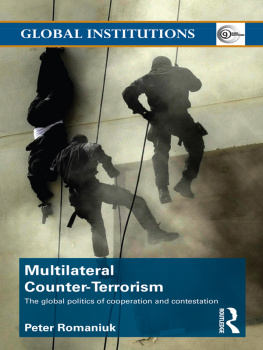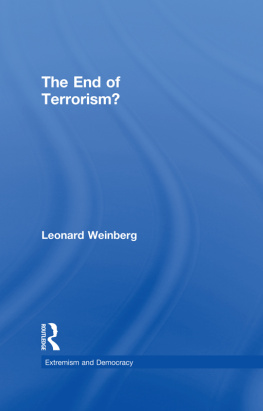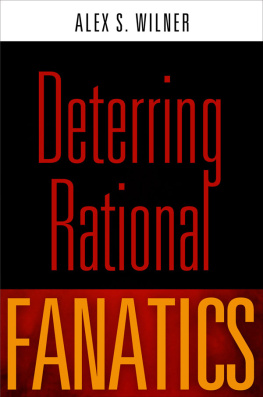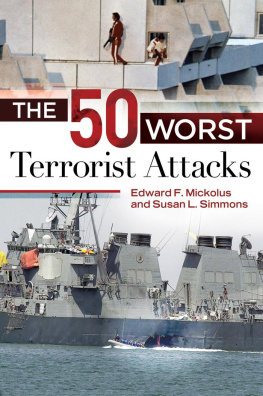As Voltaire (1764) wrote in his Philosophical Dictionary, war is an inevitable scourge made worst by the fact that murderous war is so much the dreadful lot of man. Faced with this ineluctable fate, it is perhaps why human societies have always emphasised the importance of making war a moral reality by finding ways to minimise as much as possible the harm that ought to be allowed during warfare. It is from this perspective that war ethicist Brian Orend (2013, p. 9) wrote that Almost all major civilizations from the ancient Egyptians to the Aztecs, from Babylon to India, from China to medieval Europe and contemporary America have featured quite colourful beliefs about acceptable reasons for going to war, and permissible means of fighting it. The main intention of those who have thought about these questions, which could be summed up today as being key components of the Just War Theory, has always been to find ways to limit the right to resort to violence and the scope of legitimate harm during wartime only to those who are deemed to have lost their immunity against death. This was reflected in many traditions, such as the Indian culture that came up with a written code of conduct for war the Code of Manu which prevented combatants from killing fleeing enemies, and those who were sleeping or prisoners of war. The Greeks and the Romans also emphasised the importance of fighting wars with moderation. In this context, Cicero talked about the importance of restraint by not harming a sleeping or wounded combatant, refraining from attacking religious temples, and keeping ones promises. Nowadays, the moral limitations on the legitimate use of violence are bounded by the principles of jus ad bellum, while the ethics of fighting well are enshrined within the principle of jus in bello.
However, as most pacifists would argue, history has shown that there has always been a sharp difference between what wars ought to be and what they have looked like and, as such, hoping to humanize military conflicts is no more than wishful thinking. Indeed, despite combatants best intentions and efforts to abide by the moral rules of warfare, wars and military interventions almost always result in their violations. This is why it is largely believed with reason that war should always be a last resort, when all non-violent alternatives to war (NVATW) have proved ineffective. According to James Pattisons theory, states have at their disposal a vast array of non-violent options that do not imply the resort to arms, physical harm, or killing, and that can be as effective as any kinetic military action (2018). Among them are non-violent resistance, the imposition of economic sanctions or arms embargoes, and the use of diplomacy. In many cases, these measures, which can also be labelled soft war measures (Gross, 2015; Gross & Meisels, 2017), may lead to the desired outcomes without having to resort to extensive military operations. When such an end result can be reasonably entertained through these measures, they should naturally be privileged by states. From a moral perspective, this idea is intimately connected with those of some of the first philosophers to speak of what is now known as the Just War Theory lethal actions are permissible only insofar as non-violent alternatives are unavailable or likely to be ineffective at countering the threat (Aquinas, Summa Theologiae, II-II, 64, 1; Grotius, De Jure Belli ac Pacis, 2.1..4.2)
When we take a look back at the way Western states have fought terrorist organizations in the last 20 years, it is difficult not to think that these alternatives to war might have been more ethical than the decisions to invade Afghanistan and Iraq respectively in 2001 and 2003. In fact, as these two cases have shown, you do not need to be a full-time political scientist to know that relying on full-scale wars to fight the terrorist threat can lead to the worst outcomes as it is virtually impossible to determine with precision the scale of the humanitarian and political consequences of a military intervention. These cases speak for themselves as they have both led to the deaths of tens of thousands of innocent civilians, which is highly paradoxical in light of the logic that supported these interventions. Indeed, if the objective of these wars was to prevent the unjustified death of non-combatants, it is clear that they have simply transferred that risk (Shaw, 2005) to the Iraqi and Afghan civilians, as if our lives had more value than their lives: a premise no reasonable human being would dare defending. In this perspective, it is not difficult to understand why the fight against terrorism has been labelled by some as being terroristic as well.
Moreover, full-scale wars against terrorist threats have resulted in a lack of political stability as well as an incapacity to eradicate the menaces that led to their beginning. In the case of Afghanistan, the projected withdrawal of US forces from the country by the end of August 2021 and the negotiations with the Taliban can be interpreted as a rotten compromise and what Henry Kissinger calls a decent interval, which will most likely pave the way for the return to power of those who once provided safe haven to members of Al-Qaeda in the years that preceded 9/11 (Caron, 2015). In some cases, these interventions have even been directly linked with the emergence of new threats, as was the case with the Islamic State following the 2003 invasion of Iraq. As we say in French, these interventions have led the US and its allies to undress Saint Peter in order to dress Saint Paul. At the end of the day, nothing has really changed, and it is hard to claim victory when the eradication of the initial threat has led to the creation of another one as and sometimes more dangerous than the former. For all these reasons, if these are the inherent disproportionate consequences of waging war against terrorism, there would be serious grounds to argue that this way of dealing with such groups is morally questionable and that we ought to consider alternative options.

